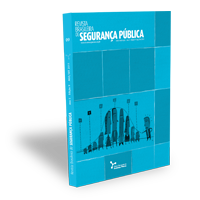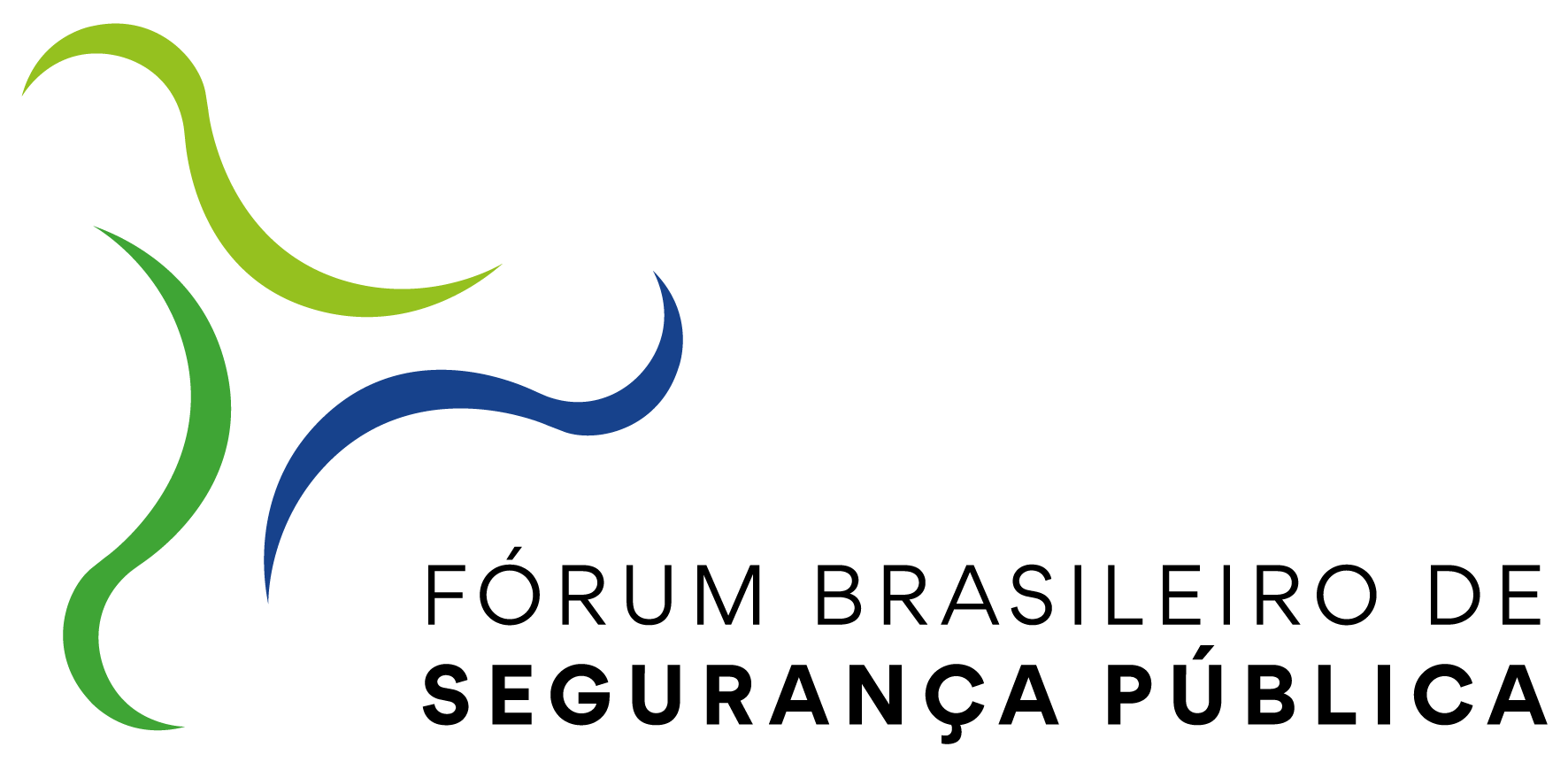O Efeito Sul: reflexões críticas sobre o engajamento do Brasil com Estados frágeis
DOI:
https://doi.org/10.31060/rbsp.2011.v5.n2.104Palavras-chave:
Cooperação internacional, Brasil, Efeito SulResumo
Frequentemente, em um contexto sul-sul ou de cooperação triangular, países que não pertencem à OCDE, como o Brasil,estão adotando um papel proeminente de provedores de auxílio, voltando-se, inclusive, para os chamados Estados frágeis.Os recentes esforços brasileiros para a promoção de desenvolvimento em outros países baseiam-se, fundamentalmente,em princípios de solidariedade, afinidades culturais e em uma experiência comum como país recipiente de ajuda. Asagências públicas e não governamentais brasileiras estão cada vez mais envolvidas na exportação e adaptação detecnologias sociais domésticas para Estados frágeis e também estáveis, incluindo Angola, Guatemala, Guiné-Bissau,Haiti, Moçambique, Suriname e Timor-Leste. Inevitavelmente guiada por prioridades geopolíticas, a ajuda brasileiraparece motivada no mínimo igualmente pelas necessidades encontradas em Dili, Maputo e Porto Príncipe e pelasprioridades genéricas estabelecidas em Paris, Washington e Brasília. Este texto analisa o fenômeno emergente do EfeitoSul e algumas de suas implicações para o engajamento em Estados frágeis no século XXI.Downloads
Referências
ABDENAR, A. The strategic triad: form and content in Brazil’s triangular cooperation practices International Affairs Working Paper. New York: New School, 2007.
ABC –. Agência Brasileira de Cooperação.A cooperação técnica do Brasil para a África. Brasília: Agência Brasileira de Cooperação, 2009.
AGNU – Assembleia Geral das Nações Unidas. Promoting development through the reduction and prevention of armed violence. A/RES/63/223, 2008.
BANCO MUNDIAL. Post conflict reconstruction: the role of the World Bank. Washington, DC: Banco Mundial, 1998a.
BANCO MUNDIAL. The World Bank’s experience with post-conflict reconstruction. Washington, DC: Banco Mundial, 1998b.
CANADÁ. START: Organisational Structure. Ottawa: DFAIT, 2008.
COLLIER, P. et al. Breaking the conflict trap: civil war and development policy. Washington, DC: Banco Mundial, 2003.
ECOSOC. Trends in south-south and triangular development cooperation. Background Study for the Development Cooperation Forum. New York: ECOSOC, 2008.
FOLEY, C. 2009 Brazil UN Multinational. Guardian, 7 de agosto.
FRANÇA. Agir en faveur des acteurs et des sociétés fragile. Paris: Agence Française de Dévloppement, Département de Recherche, 2005 (Document de Travai). Mimeo.
HIRST, M. La intervención Sudamericana en Haití. Crisis de Estado, gobernalidad internacional y seguridad. 2009. Mimeo.
HIRST, M.; LLENDERROZAS, E. La dimensión política de la presencia en Haiti: Los Desafíos para el ABC+U. In: CONFERENCE OF THE FACULTAD LATINOAMERICANA DE CIENCIAS SOCIALES(FLASCO). Buenos Aires, 7-8 julho 2009.
HOYOS, C.; MUGGAH, R. Can coherent, coordinated and complementary approaches to dealing with fragile States yield better outcomes?Politorbis, 45, 2009.
HUMAN Security Report 2005. War and peace in the 21st century. Oxford: Oxford University Press, 2006.
MUGGAH, R. States of fragility. The Mark. 26 de maio 2009.
OCDE. Armed violence reduction: enabling development. Paris: OCDE, 2009a.
OCDE. Questionnaire for south-south cooperation. Paris: OCDE, 2009b.
OCDE. Concepts and dilemmas of State building in fragile situations. Paris: OCDE, 2008a.
OCDE. Service delivery in fragile situations. Paris: OCDE, 2008b.
OCDE. State building in fragile situations: initial findings. Paris: OCDE, 2008c.
OCDE. Ensuring fragile States are not left behind, factsheet. Paris: OCDE, 2007a.
OCDE. The OECD DAC Handbook on Security System Reform. Paris: OCDE, 2007b.
OCDE. The principles for good international engagement in fragile States. Paris: OCDE, 2006a.
OCDE. Whole of government approaches to fragile States. Paris: OCDE, 2006b.
OCDE. Security system reform and governance. Paris: OCDE, 2005.
OCDE. Helping prevent violent conflict. Paris: OCDE, 2001.
PARIS, R. At war’s end: building peace after civil conflict. Cambridge: Cambridge University Press, 2004.
REINO UNIDO. What is stabilisation?. Londres: Stabilisation Unit, 2009 (Background Paper).
REINO UNIDO. Why we need to work more effectively n fragile States. Londres: Department for International Development, 2005.
SECRETÁRIO GERAL DAS NAÇÕES UNIDAS. Promoting development through the reduction and prevention of armed violence. A/64/228, 5 de agosto 2009.
US ARMY. Stability Operations, FM 3-07. Washington D.C.: Department of the Army, outubro 2008.
US ARMY Stability Operations and Support Operations, FM 3-07(FM 100-20). Washington D.C.: Department of the Army, fevereiro 2003.
USAID. Fragile States Strategy. Washington DC: USAID, 2005.
USIP. Post-conflict stabilization and reconstruction: what have we learned fromIraq and Afghanistan. New York, USIP, 2005.
ZOELLICK, R. Modernizing multilateralism and markets. Genebra, setembro 2008.
Downloads
Publicado
Como Citar
Edição
Seção
Licença
Copyright (c) 2012 Revista Brasileira de Segurança Pública

Este trabalho está licenciado sob uma licença Creative Commons Attribution 4.0 International License.
Licenciamento
A Revista Brasileira de Segurança Pública usa a Licença Creative Commons como forma de licenciamento para suas obras publicadas. A licença utilizada segue o modelo CC BY 4.0 - Attribution 4.0 International.
Para consultar os dirietos permitidos direcione-se para a licença completa ou para a nossa página de Direitos dos autores e Licenças.



